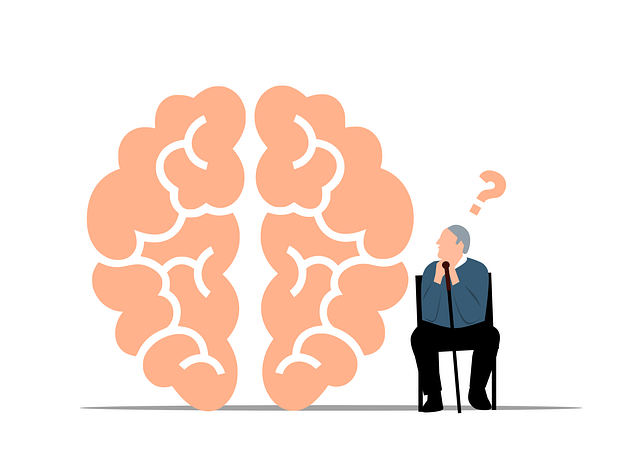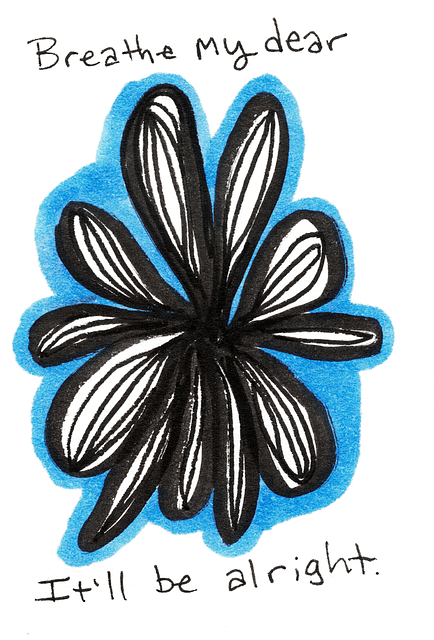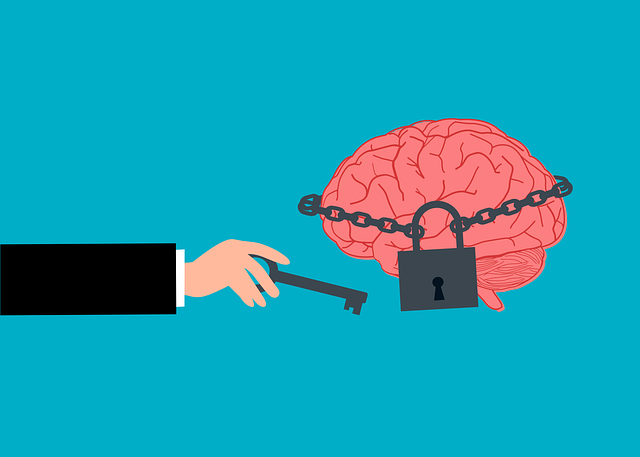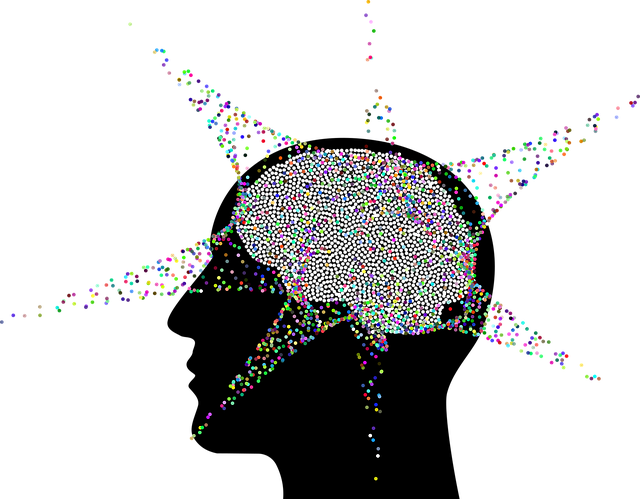Lone Tree Adjustment Disorder (LTAD) therapy focuses on building resilience through self-awareness exercises, mental health education, and community initiatives. The RFM framework guides tailored interventions like social skills training, targeting vulnerabilities while strengthening individuals' ability to cope with stress and adversity. Resilient Mindset Exercises (RMF), including mindfulness and cognitive reframing, empower clients to navigate challenges effectively, improving overall mental well-being. Continuous progress tracking using self-assessment tools enables mental health professionals to adapt LTAD therapy based on individual client needs.
“Lone Tree Adjustment Disorder (LTAD) presents unique challenges, impacting individuals’ ability to cope with stress and trauma. This article explores an innovative approach to therapy through Resilient Mindset (RFM) exercises, offering a promising path to building resilience. We delve into the mechanisms of RFM, its benefits in LTAD therapy, and practical strategies for therapists. By understanding how RFM techniques adapt to individual needs, professionals can enhance their practice, ultimately aiding clients in navigating and overcoming life’s adjustments.”
- Understanding Lone Tree Adjustment Disorder and Its Impact
- The Role of RFM in Resilience Building
- Implementing Resilient Mindset Exercises in Therapy
- Strategies for Tracking Progress and Adapting RFM Techniques
Understanding Lone Tree Adjustment Disorder and Its Impact

Lone Tree Adjustment Disorder (LTAD) is a condition that arises from prolonged isolation or detachment from social connections, often experienced by individuals who have lived in remote areas or had minimal interpersonal interactions. This disorder can significantly impact one’s mental health and overall well-being. Symptoms include feelings of loneliness, difficulty adjusting to new social environments, low self-esteem, and even depression. The effects can be particularly profound for those who have lacked the support and guidance typically offered by community networks.
Therapy plays a pivotal role in managing LTAD, focusing on enhancing self-awareness exercises to help individuals recognize their emotions and triggers. Mental health education programs designed with an understanding of LTAD can empower people to navigate social situations more comfortably. Additionally, mental wellness podcast series production featuring personal stories and expert insights can foster a sense of community and belonging, which is crucial for recovery. These initiatives collectively contribute to building resilience against the isolating effects of LTAD.
The Role of RFM in Resilience Building

Resilience building exercises play a pivotal role in addressing and managing Lone Tree Adjustment Disorder (LTAD), a condition that arises from prolonged exposure to traumatic events. RFM, or Risk, Functioning, and Motivation, is a framework that guides these exercises by identifying individuals’ vulnerabilities and strengths. Through RFM analysis, mental health professionals can tailor interventions to enhance clients’ resilience, enabling them to cope better with adversities.
This approach is particularly valuable in LTAD therapy, as it integrates various aspects of an individual’s life—social skills training, cultural competency awareness for healthcare providers, and risk assessment—to foster a holistic recovery. By focusing on these areas, resilience building exercises empower individuals to navigate challenging situations more effectively, ultimately reducing the impact of trauma-related symptoms.
Implementing Resilient Mindset Exercises in Therapy

In Lone Tree Adjustment Disorder Therapy, incorporating Resilient Mindset Exercises (RMF) offers a powerful tool to empower individuals in navigating life’s challenges. These exercises are designed to foster a sense of resilience and adaptability, enabling clients to cope with stress, anxiety, and adjustment difficulties more effectively. Through structured activities and techniques, therapists can guide patients to develop a growth mindset, enhancing their ability to persevere through adversity. RMF may include mindfulness practices, cognitive reframing strategies, and positive affirmation routines, all tailored to individual needs.
The implementation of these exercises goes beyond traditional therapy sessions. They can be integrated into daily routines, promoting self-regulation and emotional intelligence. Additionally, community outreach program implementation, coupled with social skills training, amplifies the impact by providing a supportive network where individuals can practice resilience in real-world scenarios. This holistic approach not only boosts confidence but also equips clients with the skills to thrive in various aspects of life, ultimately contributing to improved mental well-being and overall adjustment.
Strategies for Tracking Progress and Adapting RFM Techniques

Tracking progress and adapting RFM (Resilience, Flexibility, and Mastery) techniques is a dynamic process that requires continuous evaluation. Mental health professionals can employ various strategies to monitor clients’ resilience-building journey effectively. Regular self-assessment tools, such as surveys or structured interviews, allow individuals to reflect on their emotional coping mechanisms, problem-solving abilities, and overall sense of control. These assessments provide valuable data on the client’s progress over time, identifying areas that may need more attention.
For instance, in addressing the Lone Tree Adjustment Disorder, therapists can utilize these tools to gauge improvements in self-esteem improvement and cultural sensitivity within mental healthcare practice. By adapting RFM techniques based on these insights, practitioners can tailor interventions to meet individual needs. For example, if a client demonstrates significant progress in resilience but struggles with cultural sensitivity, advocacy for more diverse therapeutic approaches or specific cultural considerations within the Mental Health Policy Analysis might be indicated, fostering a more inclusive and effective healing environment.
Lone Tree Adjustment Disorder (LTAD) can significantly impair an individual’s ability to cope with life’s challenges. Implementing Resilient Mindset Exercises (RFM) in therapy offers a promising approach to building resilience and mitigating the effects of LTAD. By focusing on adjusting perspectives, cultivating positive emotions, and mastering coping strategies, therapists can empower clients to navigate life’s storms more effectively. Continuous tracking of progress and adaptability in RFM techniques ensure tailored support for each client’s unique needs, fostering long-term mental well-being and resilience.














